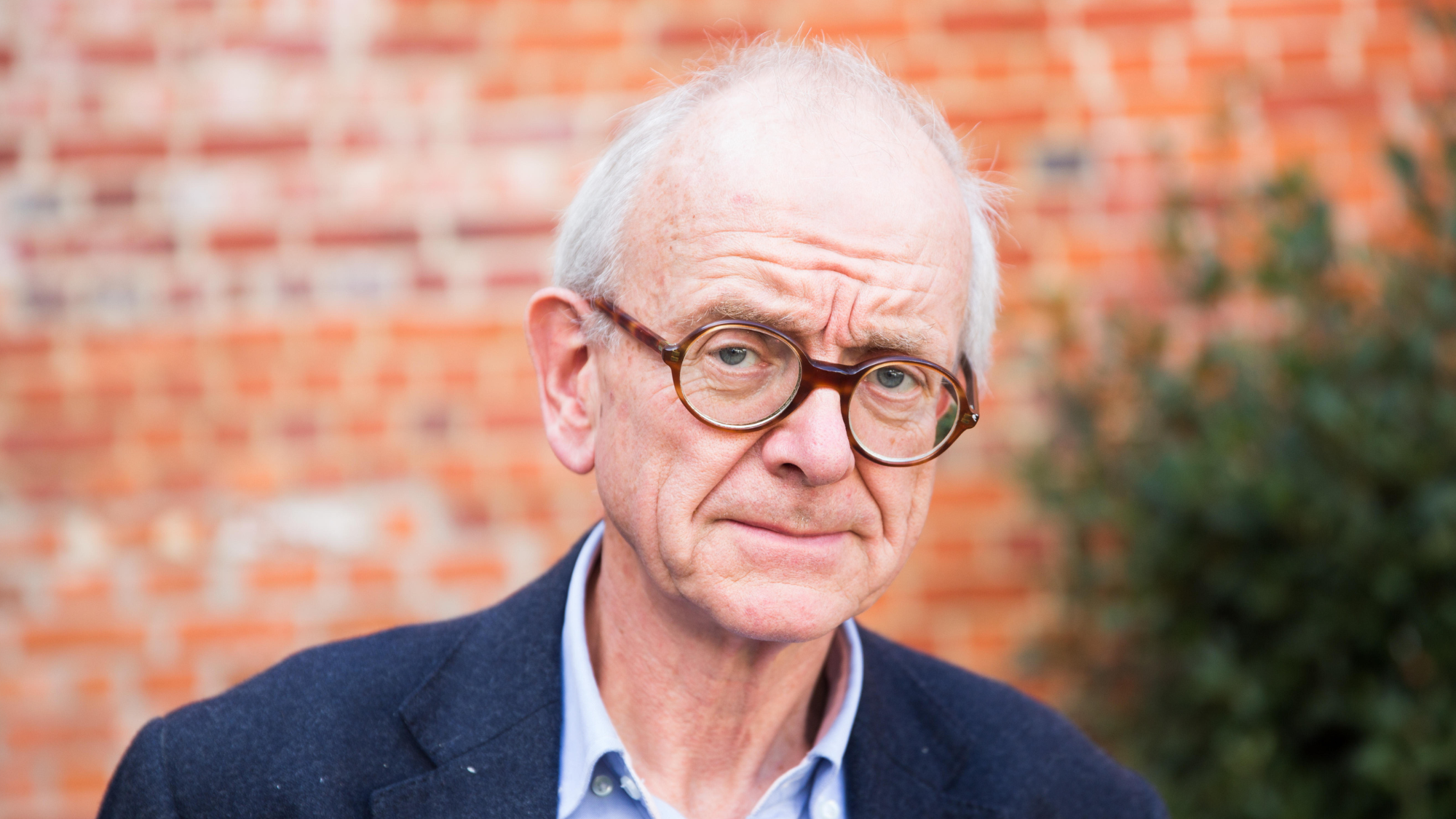The documentary “Confessions of a Brain Surgeon,” directed by Harriet Bird and Charlie Russell, offers a profound exploration of the life and career of renowned neurosurgeon Henry Marsh. The film presents an intimate portrait of Marsh’s decades-long career, during which he pioneered the technique of “awake craniotomy.” It also delves into his personal struggles, particularly his battle with prostate cancer, providing viewers with a raw and honest look at the emotional weight he carries from his professional decisions.
In the hour-long documentary, Marsh reflects on his experiences with striking vulnerability. He describes an “inner cemetery” filled with regret for patients he believes he failed. This painful introspection is made even more poignant by his own health challenges, which have led him to reassess not only his career but also his personal life. Critics have praised the film for its “medically astounding and emotionally piercing” content, highlighting its ability to provoke deep thought about the meaning of life and the impact of one’s choices.
Emotional Encounters and Redemption
One of the most compelling moments in the film occurs when Marsh meets Tina, a woman whose son, Max, died from a brain tumor that Marsh misdiagnosed. For three decades, Tina has harbored resentment towards Marsh. However, during their encounter, he recalls every detail of her son’s case, leading to a moment of catharsis where Tina finds it in herself to forgive him. This powerful exchange underscores the themes of redemption and the human capacity for forgiveness, marking a significant turning point in both their lives.
Critics have noted that, while medical documentaries are plentiful, “Confessions of a Brain Surgeon” stands out for its gripping and discomfiting narrative. Nick Duerden from The i Paper describes Marsh as an “intriguing character” and commends the film for featuring insightful interviews with key figures from Marsh’s life, including his first wife, Hilary. Hilary candidly acknowledges Marsh’s flaws, describing him as “arrogant” and “absent” during their marriage.
A Journey of Self-Reflection
The film’s willingness to showcase Marsh’s vulnerabilities is striking, especially given that such candid portrayals are often found in unauthorized biographies. Marsh’s voluntary participation offers a glimpse into his quest for self-understanding and redemption, which some have likened to a “biblical” journey. As he confronts the successes and failures of his career, viewers witness his struggle to focus on what went wrong rather than his many accomplishments.
With its combination of personal narrative, professional insight, and emotional depth, “Confessions of a Brain Surgeon” is described as an “exceptionally affecting” program. Critics such as Carol Midgley in The Times laud it as a “glorious piece of television” that captivates and challenges its audience. The documentary invites viewers to reflect on the complexities of human experience, ultimately leaving a lasting impression about the intersection of medicine and morality.
